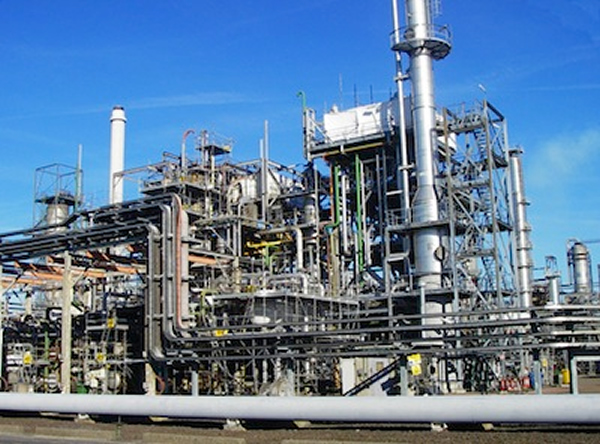Maire Tecnimont SpA, the Italian contractor tasked with rehabilitating the Port Harcourt Refinery Company in Nigeria, has stated that it cannot disclose any details regarding the rehabilitation process, including the projected completion date. This position was communicated through a legal representative, Olajide Oyewole LLP, in response to inquiries from Senior Advocate of Nigeria, Femi Falana. In a letter dated September 30, 2024, the law firm clarified that as a private company not directly controlled by the government and not engaged in public service domains or utilizing public funds, Maire Tecnimont is not obliged to comply with the provisions of the Freedom of Information Act.
The response from Maire Tecnimont highlights the challenges faced in obtaining transparency regarding the rehabilitation timeline. The lack of disclosure has fueled public concern, especially since the Nigerian National Petroleum Company (NNPC), which oversees government refineries, has made multiple promises about the refinery’s operational status. Since December 2023, the NNPC has been alternating between optimistic projections for the refinery’s operational readiness, which has led to rising frustration among Nigerian citizens who are eager for increased domestic petroleum production.
The expectations surrounding the Port Harcourt Refinery’s rehabilitation were accentuated by statements from NNPC Group Chief Executive Officer, Mele Kyari. In July, Kyari confidently assured stakeholders that the refinery would be operational by early August 2024. Rewinding to 2019, he indicated that all four of the country’s refineries would be functional by the end of former President Muhammadu Buhari’s tenure, underscoring a pattern of ambitious but unfulfilled commitments from the NNPC concerning domestic refining capacity.
During a Senate appearance in July, Kyari claimed that by year’s end, Nigeria would transition from a net importer to a net exporter of petroleum products. Specifically discussing timelines, he indicated that while the Kaduna and Warri refineries could not begin operations before December, the Port Harcourt Refinery was set for a much earlier start in August. However, this promise has now marked a sixth consecutive postponement, fostering skepticism about the NNPC’s ability to meet its own set deadlines.
Despite these assurances, the Port Harcourt Refinery’s rehabilitation has yet to yield tangible results. The NNPC previously announced that the refinery, with a processing capacity of 210,000 barrels per day, reached what was described as ‘mechanical completion’ in December 2023. Following this milestone, it was suggested that the facility would commence operations refining 60,000 barrels of crude oil daily shortly after the Christmas holiday, but these timelines have not materialized.
As time progresses without any operational breakthrough, stakeholders and the general public remain anxious about the fate of the rehabilitation project. With continuous delays and a lack of clarity from the contractor regarding the next steps, the promise of a revitalized port refinery has turned into a source of frustration. The ongoing uncertainty surrounding the refinery’s rehabilitation process raises larger questions about accountability, operational efficiency, and the future of Nigeria’s petroleum sector. Given the historical context of the NNPC’s repeated promises, the attention now shifts to how this situation will affect Nigeria’s broader economic landscape and energy needs moving forward.


